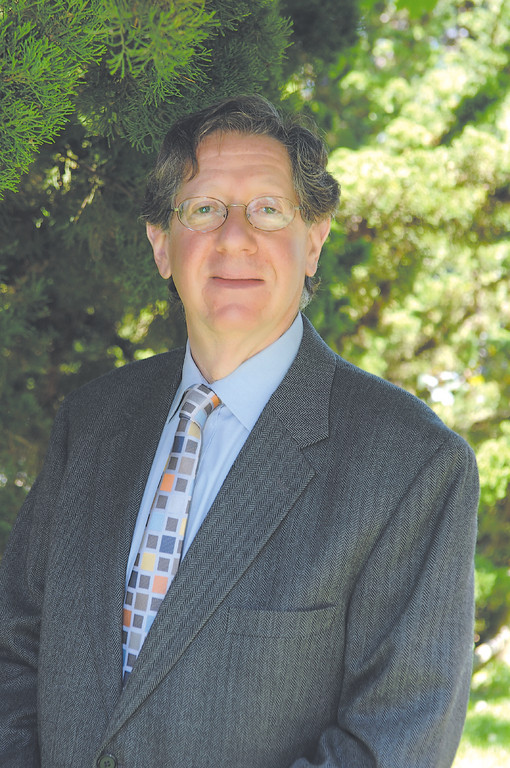Kosher Bookworm: A Rabbi’s Take on Chasonus In Tribute to Rabbi Abraham Joshua Heschel’s 39th Yahrtzeit
His legacy includes the Chasidic families of Kapitznitzer, Novominsker, Boyaner, Apter, and Reb Levi Yitzchok of Berdichev.
He was born in 1907, received his rabbinical semicha from the martyred Rav Menachem Ziemba, of blessed memory sixteen years later and passed away on the 18th day of Teves in December 1972. This Friday marks his 39th yahrtzeit and this essay is dedicated to his legacy and writings. I chose his teachings concerning chazonus and the integrity of Jewish liturgy as the focus of this week’s review.
In the recently published anthology of Rabbi Heschel’s writings, “Abraham Joshua Heschel: Essential Writings” edited by Dr. Susannah Heschel, [ Orbis Books, 2011]
there is an interesting essay by Rabbi Heschel entitled, “ The Vocation of the Cantor” from his 1966 work, “The Insecurity of Liberty” wherein he goes into some detail on his opinions concerning the state of the spiritual quality of both chazonus and prayer among our people.
While his writings are severe in tone, there is an undercurrent of both love and admonition webbed together that gives us a presentment of constructive criticism. This constructive criticism should be the source of a sincere effort to help enhance the way we Jews engage in worship to the Almighty.
The bulk of the remainder of this essay will be devoted to selected quotes from Rabbi Heschel’s teachings on this subject that will give you both a clear feel and taste of his passion and hurt over the contemporary state of the way our prayer services are regarded and conducted.
While written close to a half century ago, it is my opinion that Rabbi Heschel’s teachings and observations that follow are just as relevant today as they were at mid-century then.
His critique of chazonus begins with the following observation:
“One must realize the difficulties of the cantor. The call to prayer often falls against an iron wall. The cantor has to pierce the armor of indifference. He has to fight for a response. He has to conquer them in order to speak for them. Often he must first be one who awakens those who slumber, before he can claim to be a sheliach tzibbur.

 59.0°,
Mostly Cloudy
59.0°,
Mostly Cloudy 




